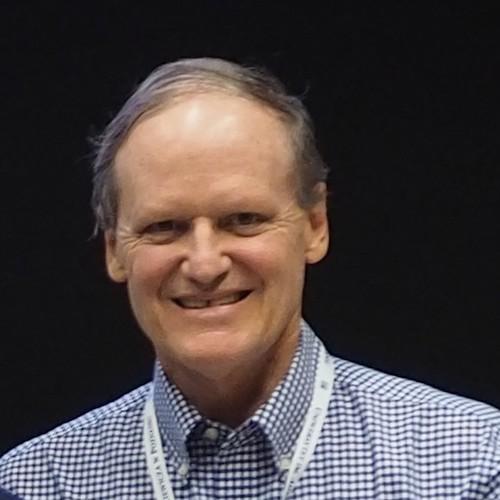Peter LittleSamuel Candler Dobbs Professor, Director of the Emory Program in Development Studies
Professor Little serving on dissertation committee of new students but not as an advisor.
Education
- PhD, Indiana University, 1983
Research
Specializations
- Economic anthropology
- Development anthropology
- Ecological anthropology
- Political anthropology
- Agrarian change
- Pastoralism
- Sub-Saharan Africa
Peter Little's research combines political-economic perspectives with detailed social analysis and ethnography in the study of communities, such as mobile pastoralists and informal traders, who often have been politically and economically marginalized. During the past 30+ years, he has conducted studies of political ecology, pastoralism, poverty and inequality, informality, border trade and borderlands, and statelessness in several African countries with a focus on Kenya, Somalia, and Ethiopia. His work has been supported by numerous foundations and government agencies, including the John Templeton Foundation, Social Science Research Council (SSRC), National Science Foundation (NSF), MacArthur Foundation, John Simon Guggenheim Foundation, and USAID.
In his research and teaching programs, Dr. Little has collaborated with scholars and programs at several international institutions, including University of Oxford, Institute of Development Studies/University of Sussex, Kyoto University, University of Nairobi, Eduardo Mondlane University (Mozambique), and Addis Ababa University, Ethiopia. In his appointments at SUNY-Binghamton (now Binghamton University), University of Kentucky, and Emory, Professor Little has supervised/mentored 12 PhD students and six post-doctoral fellows, including three from East Africa. Most of these students were awarded prestigious grants (e.g., Wenner-Gren, NSF, and SSRC) to conduct their dissertation research. Overall he has been on 40 PhD committees and currently advises four PhD students and is a member of another four PhD committees.
Little's most recent book, Economic and Political Reform in Africa: Anthropological Perspectives (Indiana, 2014), is a comparative study of the local impacts of neoliberal reforms in six African countries. Based on ethnography and survey-based research, it focuses on the contradictions and tensions associated with a set of "neoliberal experiments", including contract farming, a biodiversity (wildlife) conservation program, a food aid safety net program, and a 'democratic' experiment in a formerly single-party state. They show that different policy interventions opened African communities to increased global orientations and pressures, but also provoked rigid cultural boundaries, identities, and an explosive awareness of local histories and differences. Dr. Little currently is engaged in a comparative study of "Changing Perceptions of Poverty and Well-being in Baringo County, Kenya and South Wollo, Ethiopia (2017-2019)," that explores some of the misconceptions of wealth, poverty and dependency explored in the book.
